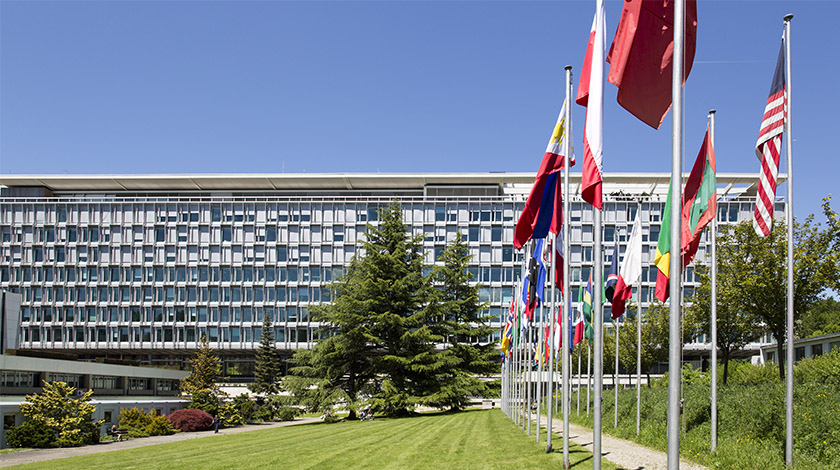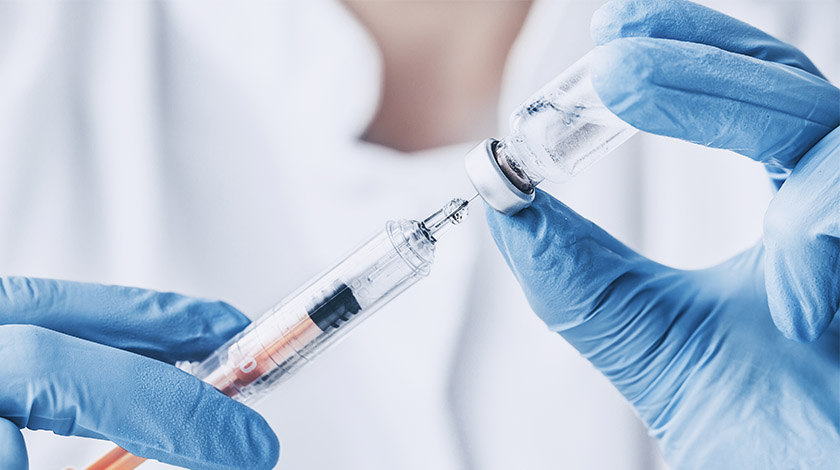If one were to give out an award for the greatest invention in the field of medical science, immunization would be a strong contender. The advent of mass-produced vaccinations has saved millions of lives and today, immunization remains one of the world's most successful and cost-effective health interventions.1
Every year, the World Health Organization (WHO) dedicates World Immunization Week to celebrate the vital role played by immunization in saving and protecting lives worldwide.
Life-saving goals
World Immunization Week 2017 sees the spotlight placed on two linchpins of the global effort to bring the innumerable health benefits of immunization to a wider audience.
The first is the Global Vaccine Action Plan (GVAP) 2011-2020 launched by the World Health Assembly.2 The GVAP was the proud product of the Decade of Vaccines (DoV) collaboration, which brought together a diverse range of development and health scientists and stakeholders including UNICEF, the WHO and the Bill & Melinda Gates Foundation. The GVAP aims to increase worldwide vaccination coverage by educating and training health professionals to deliver routine immunization and bringing low-cost vaccines to developing countries. In addition, the GVAP is dedicated to driving research and development for the next generation of vaccine technologies, in the hope of expanding the pantheon of vaccine-preventable diseases over the coming decades.
The second is the set of 2030 Sustainable Development Goals adopted by the United Nations in 2015 with the aim of ending poverty and bringing prosperity and good health to all.3 While laudable progress has been made in respect of a number of Goals, the GVAP remains behind schedule for all vaccine-preventable diseases.4 The importance of immunization to sustainable development cannot be understated — good health is the bedrock of the prosperous and motivated communities the 2030 Goals set out to promote. The more progress can be made in implementing the GVAP's strategies, the closer our world comes to achieving the Sustainable Development Goals in respect of primary health care, virus control and antimicrobial resistance strategies.
Awareness, no complacency

An important part of the work done by the WHO is connected with awareness-raising and providing accurate information to governments, health partners and the general public.5 With this in mind the organization is a reliable reference when it comes to responding to certain beliefs prevalent in collective culture or media.
Some key facts promoted by the WHO include:
- Improved hygiene and sanitation reduce the need for vaccination.
- Vaccines have far more benefits than risks.
- Vaccination continues to be vitally important even in regions where immunization has already eradicated a disease.
- Multiple vaccines for children are not harmful.
In addition to the numerous activities and campaigns surrounding World Immunization Week, the WHO is active year-round in its efforts to promote vaccine awareness. The Vaccine Safety net is an international network of 47 websites, 12 languages and 173 million users, ensuring that parents and caregivers for children have trustworthy advice and information.
Resources
- World Immunization Week 2017: Vaccines Work. World Health Organization. Visited March 6th 2016.
- Global Vaccine Action Plan 2011-2020. World Health Organization. Visited March 6th 2016.
- Sustainable Development Goals United Nations. Visited March 6th 2016. What are some of the myths- and facts- about vaccination? World Health Organization. Visited March 6th 2016.
- Immunization coverage World Health Organization. Visited March 6th 2016.
- World Health Organization. Visited March 6th 2016. World Health Organization. Visited March 6th 2016

